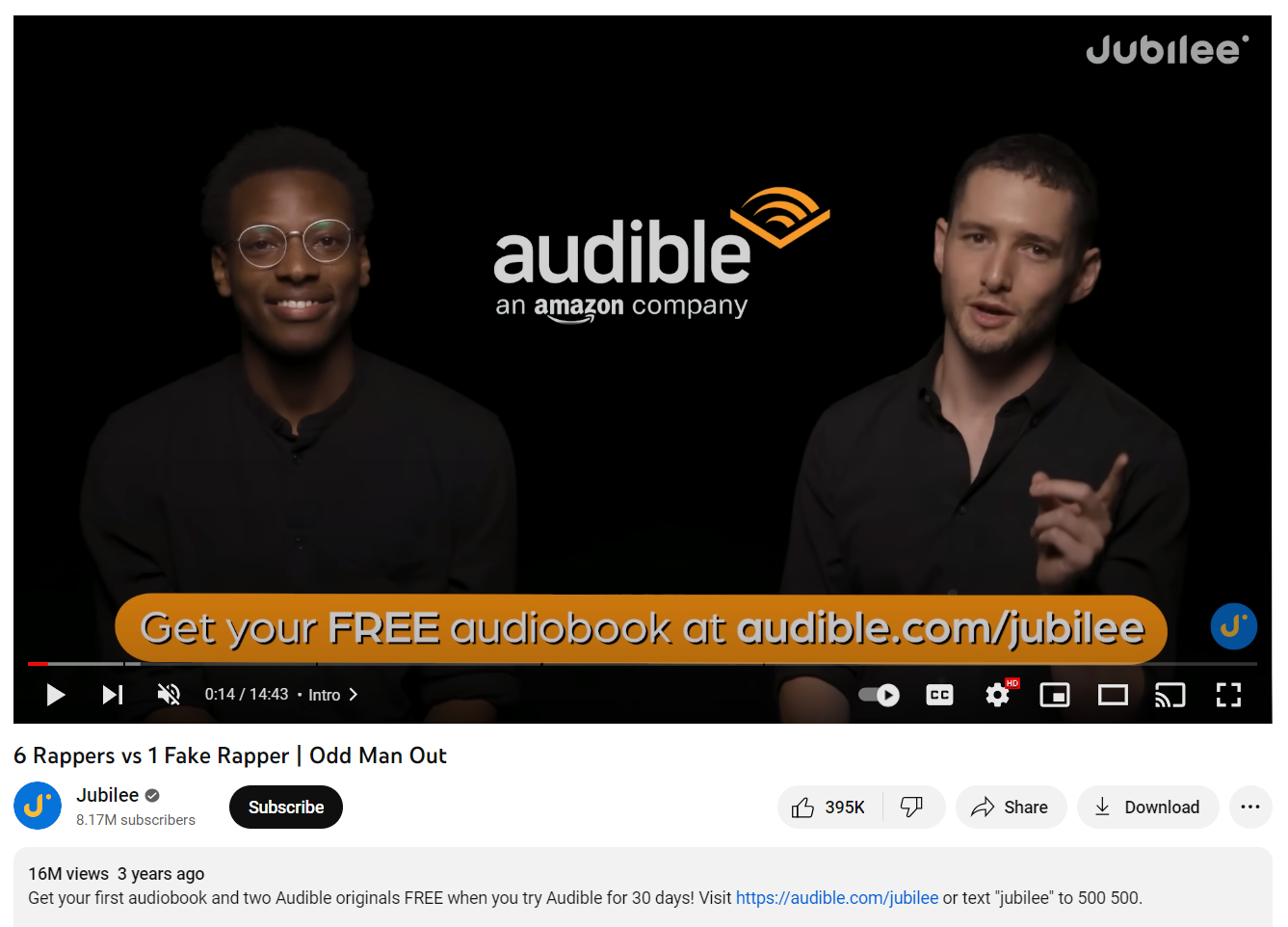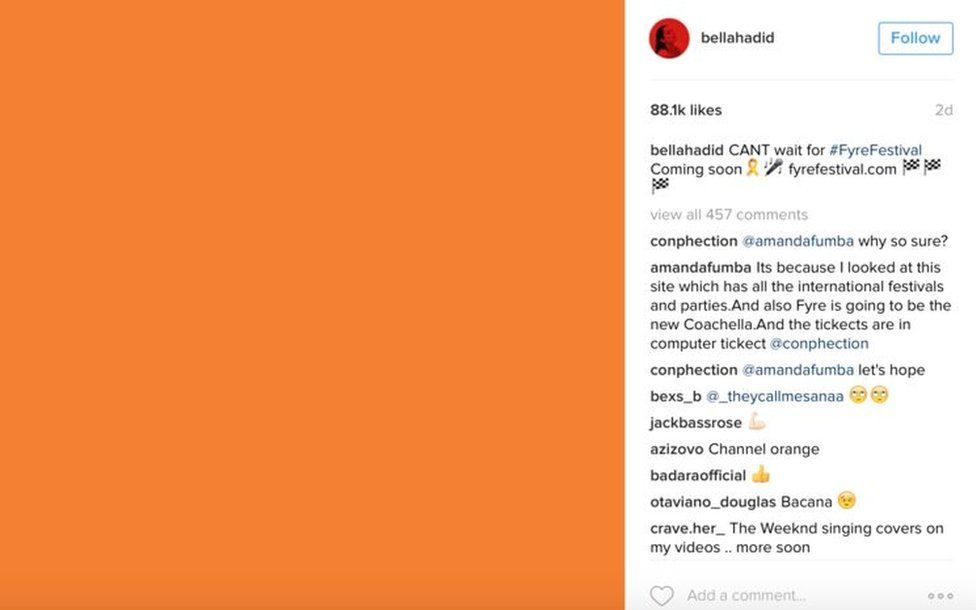Influencer MarketingStrategy forGrowth Marketing


What is Influencer Marketing?
Influencer marketing is the strategic ace up the sleeve of the modern digital world. It's like a turbo-charged recommendation system, harnessing the power of key influencers to broadcast your brand's message to their captive online audience. These influencers, regarded as trusted authorities within their niches, can make your product or service resonate with authenticity and trust.
Why loop in an agency? Well, crafting an influencer marketing strategy is no small task. An agency serves as a valuable guide, adept at identifying suitable influencers, creating compelling content narratives, and managing the intricacies of influencer collaborations. They can take your influencer marketing from a mere whisper in the crowd to a clear, resonating voice, saving you time, helping avoid common pitfalls, and boosting the returns on your influencer marketing investment.
Why Companies Choose Influencer Marketing
Companies are drawn to influencer marketing - and for good reason. It's a powerhouse strategy that combines the trust of peer-to-peer recommendations with the broad appeal of social media. When executed correctly, influencer marketing can turn casual followers into fervent brand advocates, boosting credibility and significantly driving consumer actions.
However, an influencer marketing strategy comes with risks. A mismatched influencer collaboration can harm your brand image, and tracing the precise impact of an influencer marketing campaign can be a challenge to say the least. That's where a seasoned agency comes into play, guiding your brand through the choppy influencer marketing seas.
Successful Influencer Marketing Campaigns

Gymshark and Nikki Blackketter: Gymshark, the fitness apparel brand, disrupted the industry with its influencer-first approach. Collaborating with dozens of fitness influencers like Nikki Blackketter catapulted them into the limelight, significantly enhancing their brand visibility. This particular collaboration led to the creation of a dedicated collection that sold out in a flash, transforming Gymshark from an e-commerce underdog into a fitness apparel heavyweight.
Audible and YouTube Influencers: Audible tapped into the YouTube influencer community to drive growth. They partnered with educational YouTubers such as CGP Grey and Vsauce, who recommended books on Audible relevant to their content. This led to a surge in brand awareness and conversions among intellectual and self-improvement-seeking demographics.
Daniel Wellington and Influencer Squad: Timepiece brand Daniel Wellington turned the tables on traditional marketing, opting for a predominantly influencer-based strategy. They paid modest prices and gifted stylish watches to micro-influencers on Instagram, who then shared their experiences with followers, sparking an explosion in brand awareness. The result? Daniel Wellington became a 200+ million dollar business in three years.
Influencer Marketing Fails
Fyre Festival and Celebrity Influencers: The Fyre Festival, promoted by high-profile influencers like Bella Hadid and Kendall Jenner, was billed as a luxury music festival. However, it ended disastrously, with attendees left stranded on an island facing poor conditions. The influencers faced backlash for promoting the event, which led to a significant debate about influencer accountability and transparency.

Kim Kardashian and Morning Sickness Pill: Kim Kardashian landed in trouble when she promoted a morning sickness pill, Diclegis, on Instagram without mentioning its potential side effects. This non-compliance with FDA guidelines led to a public warning letter to the drugmaker, Duchesnay, and a wave of negative press for both the brand and Kardashian.
Snickers and Katie Price: Snickers UK orchestrated a failed influencer marketing stunt using celebrity influencer Katie Price. They paid Price to tweet about political topics (which was out of character for her), followed by a reveal tweet holding a Snickers bar with the tagline "You’re not you when you’re hungry." The Advertising Standards Authority investigated the campaign for not clearly signposting the tweets as adverts, leading to criticism and skepticism towards the brand. Even though the campaign was cleared, Snickers and Price suffered reputational damage.
Ready to Influence Your Growth?
Ready for Growth?
Testimonials












Contact and WorkWith Deviate Labs
